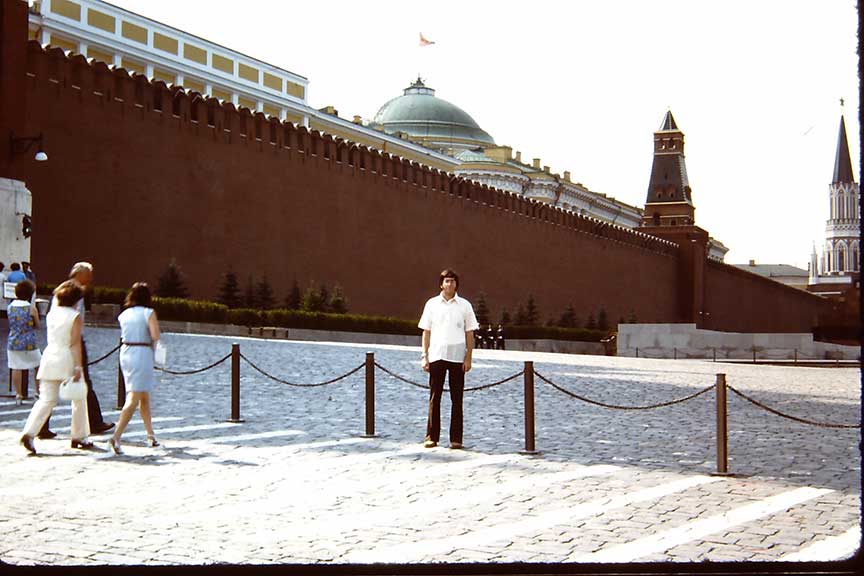1991 Failed Kremlin Coup
On August 21st 1991, hardline Communists staged a coup attempt against the government of Gorbachev, putting him under house arrest. The coup, however, failed when Boris Yeltsin– the leader of the Russian Republic rallied supporters at the parliament building in Moscow. Thousands joined Yeltsin there, and many military leaders announced their support for Yeltsin. The coup ended when it became clear that the troops would not open fire on the citizens of Moscow. Gorbachev returned to power as President, in a much diminished capacity– true power having passed to Boris Yeltsin, who soon declared the Communist party illegal.
By 1991, the Soviet Union was facing a crisis of legitimacy, as nationalist movements in the Baltic States and other Soviet republics were gaining traction, and the country's economic situation was deteriorating. To address these challenges, Gorbachev proposed the New Union Treaty, which aimed to transform the Soviet Union into a more decentralized, federal state. The treaty was scheduled to be signed on August 20, 1991.
Fearing that the New Union Treaty would lead to the disintegration of the Soviet Union, a group of hardline communist officials, including the Vice President Gennady Yanayev, KGB Chairman Vladimir Kryuchkov, and Defense Minister Dmitry Yazov, orchestrated a coup to seize power from Gorbachev. On August 18, while Gorbachev was on vacation in Crimea, the conspirators placed him under house arrest and cut off all communication between him and Moscow.
On August 19, the coup plotters announced the formation of the State Committee on the State of Emergency, declaring that Gorbachev was unable to fulfill his duties due to "illness" and that they were taking control of the Soviet government. They imposed a state of emergency, deployed troops and tanks in Moscow, and attempted to arrest key reformist figures.
However, the coup plotters underestimated the strength of popular opposition to their actions. Boris Yeltsin, the recently elected President of the Russian Federation, emerged as the central figure in the resistance. He famously climbed atop a tank outside the Russian White House, the seat of the Russian government, and called on the military and the Russian people to defy the coup leaders. Over the following days, thousands of Muscovites took to the streets to protest the coup, erecting barricades and confronting the military forces deployed in the city.
Faced with widespread resistance, the coup plotters began to lose their nerve. Many military units refused to follow their orders, and several key conspirators, including Defense Minister Yazov, abandoned the coup effort. On August 21, the coup collapsed, and Gorbachev was released from house arrest.
The failed coup had profound and far-reaching consequences for both the Soviet Union and Russia. The events of August 1991 accelerated the disintegration of the Soviet Union, as the coup's failure demonstrated the weakness of the central government and emboldened nationalist movements in the Soviet republics
 >
>